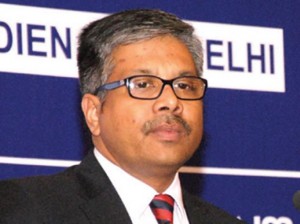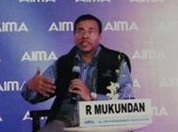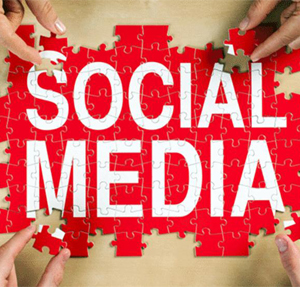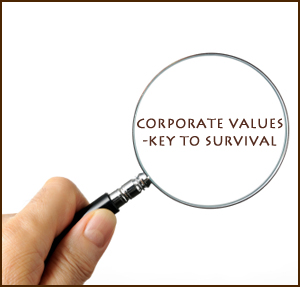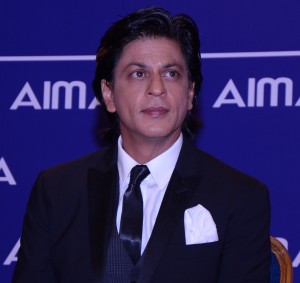 I am going to say good evening again, because that’s how I started the speech. First of all, it’s really scary here. Some of the biggest managers of the biggest corporations in the biggest convention for management – AIMA.
I am going to say good evening again, because that’s how I started the speech. First of all, it’s really scary here. Some of the biggest managers of the biggest corporations in the biggest convention for management – AIMA.
It’s very sad that in such an august company of people, big business houses and managers, all you could manage was to get a speaker from Bollywood to speak at the convention. The economy must be really bad.
Well, who am I to speak about the economic downtrend across the globe etc, or anything, for that matter? Just reading the topics being discussed before I came on stage, I was frightened. And if I’m allowed to say so, shit scared. I couldn’t understand a word. Let me tell you one of the discussions they had earlier on in the day – ‘Could financialisation of commodities be used to incentivise supply growth without inflating prices?’ Continue reading



